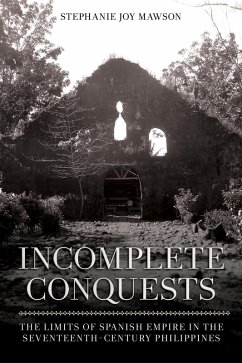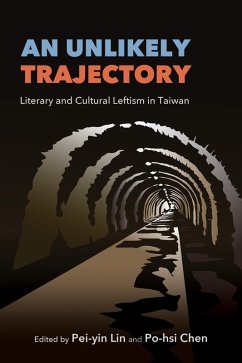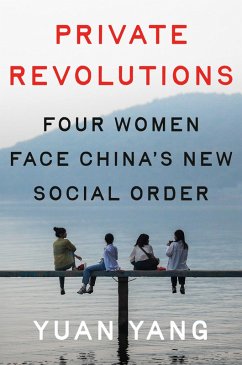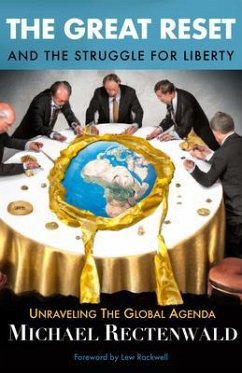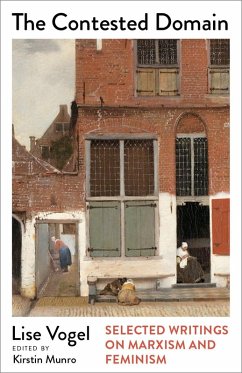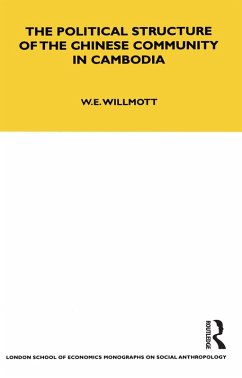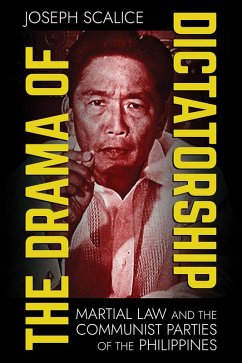
The Drama of Dictatorship (eBook, ePUB)
Martial Law and the Communist Parties of the Philippines

PAYBACK Punkte
11 °P sammeln!
The Drama of Dictatorship uncovers the role played by rival Communist parties in the conflict that culminated in Ferdinand Marcos's declaration of martial law in 1972. Using the voluminous radical literature of the period, Joseph Scalice reveals how two parties, the PKP and the CPP, torn apart by the Sino-Soviet dispute, subordinated the explosive mass struggles of the time behind rival elite conspirators. The PKP backed Marcos and the CPP, his bourgeois opponents. The absence of an independent mass movement in defense of democracy made dictatorship possible.The Drama of Dictatorship argues th...
The Drama of Dictatorship uncovers the role played by rival Communist parties in the conflict that culminated in Ferdinand Marcos's declaration of martial law in 1972. Using the voluminous radical literature of the period, Joseph Scalice reveals how two parties, the PKP and the CPP, torn apart by the Sino-Soviet dispute, subordinated the explosive mass struggles of the time behind rival elite conspirators. The PKP backed Marcos and the CPP, his bourgeois opponents. The absence of an independent mass movement in defense of democracy made dictatorship possible.
The Drama of Dictatorship argues that the martial law regime was not fundamentally the outcome of Marcos's personal quest to remain in power but rather a consensus of the country's ruling elite, confronted with mounting social unrest, that authoritarian forms of rule were necessary to preserve their property and privileges. The bourgeois opponents of Marcos did not defend democracy but, like Marcos, plotted against it.
The Drama of Dictatorship argues that the martial law regime was not fundamentally the outcome of Marcos's personal quest to remain in power but rather a consensus of the country's ruling elite, confronted with mounting social unrest, that authoritarian forms of rule were necessary to preserve their property and privileges. The bourgeois opponents of Marcos did not defend democracy but, like Marcos, plotted against it.
Dieser Download kann aus rechtlichen Gründen nur mit Rechnungsadresse in A, D ausgeliefert werden.




